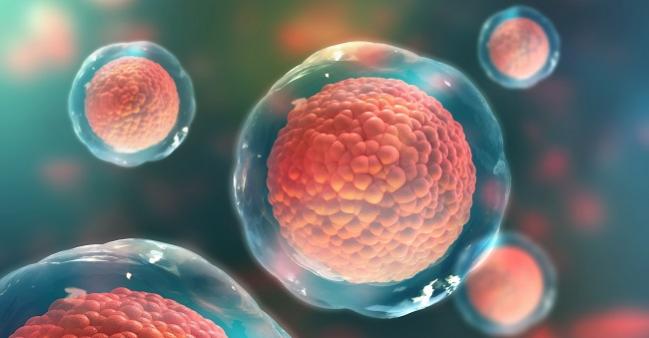The number of times that the stem cells of any given tissues in the human body replicate themselves is a better indicator of the potential for a person to have cancer in that tissue than any family history of cancer or exposure to known man-made sources of cancer. The odds of getting cancer due to a high level of cell replications account for 66 percent of all cancers. These are the results of a study led by researchers at Johns Hopkins Medical Institute that was reported.
This research is the first unbiased and realistic explanation of why certain tissues of the human body are more likely to develop cancer and why certain persons are more likely to develop cancer. The researchers propose that a person’s chances of getting cancer are 66 percent dumb luck based on the present understanding of the origins of cancer. Lifestyle, family history, and exposure to pollution can change cells to become cancerous but the three most commonly cited causes of cancer account for only 33 percent of all known cancers.
The results are based on an analysis of essentially every cancer cause study done in the last 100 years. The concept that the researchers derived is evolutionarily precise. The more frequently a stem cell is replicated the more likely a mutation that leads to cancer is to develop.
Cancer of the pelvic bones is the least common cancer and the study reveals the cells in the pelvic bones undergo fewer stem cell replications over time than any other part of the body. Colorectal tissue stem cells are replicated at a rate that is eight orders of magnitude higher than pelvic bones and is reflected in the high rates of colorectal cancer. The discovery is hoped to lead to a treatment of the real causes of cancer.















